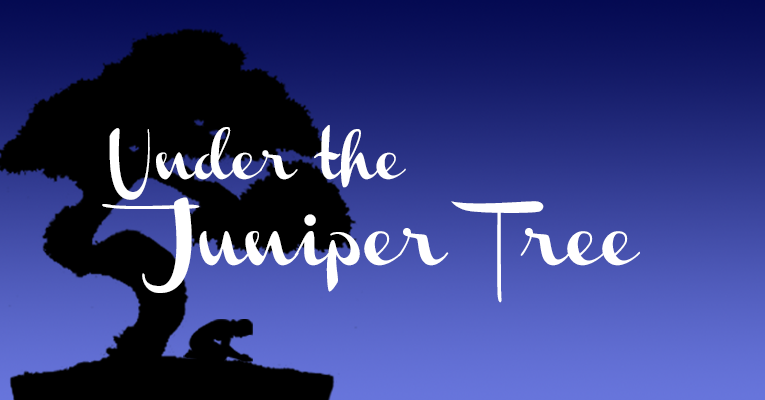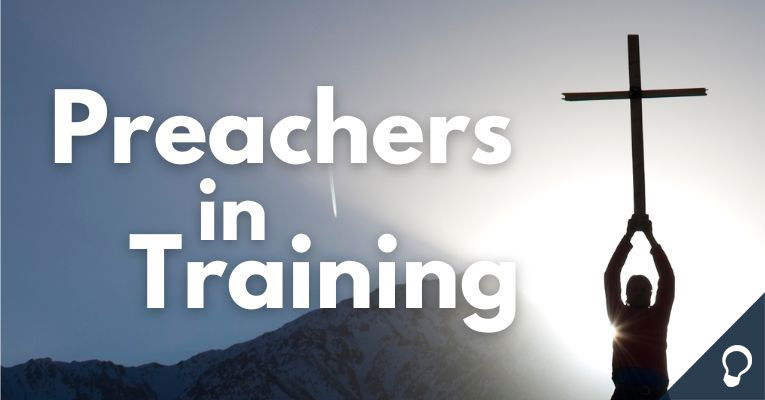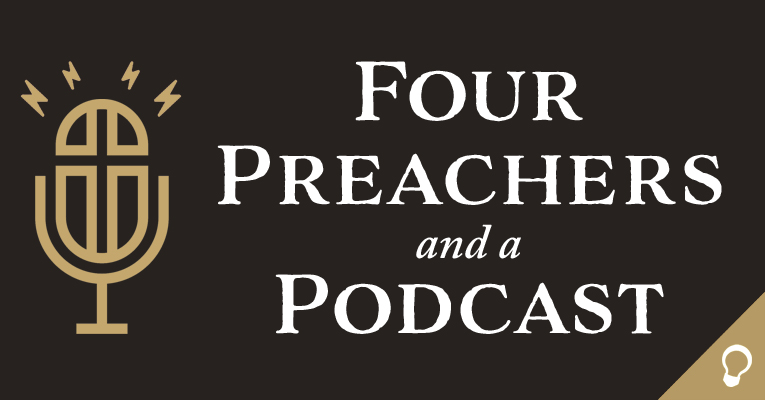
Podcast: Play in new window | Download
Under the Juniper Tree Season 10, Episode 7 for Tuesday, December 17, 2019
Thought up by Viktor Frankl. o Spent portion of life in Concentration Camps during WW2. o Family died and was the only survivor. o Noticed something about his fellow prisoners. He could tell when someone was going to die soon because certain prisoners would become: listless, stop listening to the commands of the German soldiers even after being beaten, would stop eating or drinking. Basically, the person lost the will to live and would either die of natural causes or otherwise. o Those who thrived and tended to live? Frankl noticed those who “golfed” using whatever was available to them (more like Putt-Putt), found hobbies (Frankl decided to begin working on his notes again), and overall found a reason to live — these were the ones who were more likely to survive. o What was the difference between the two? One found a purpose to continue living and the other lost all hope. o “Man’s Search for Meaning” is one of my favorite books and will likely forever be one. · What does this have to do with Christianity? o Frankl believed that those who found purpose in life could face many of the issues of life such as depression, anxiety, and such much better than those who had no hope. His view was that with this purpose in mind people would use this to continue on. o Christian. Remember that you have purpose in this life. § Ecc 12:13-14 Let us hear the conclusion of the whole matter: Fear God, and keep his commandments: for this isthe whole duty of man. (14) For God shall bring every work into judgment, with every secret thing, whether it begood, or whether it be evil. § Act 17:26-28 And hath made of one blood all nations of men for to dwell on all the face of the earth, and hath determined the times before appointed, and the bounds of their habitation; (27) That they should seek the Lord, if haply they might feel after him, and find him, though he be not far from every one of us: (28) For in him we live, and move, and have our being; as certain also of your own poets have said, For we are also his offspringWe want to hear from you!
- Email: andrew@thelightnetwork.tv
- Voicemail: 903-26-LIGHT (903-265-4448)
Subscription Links








